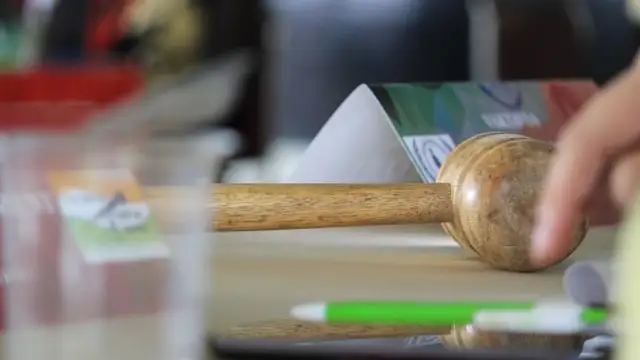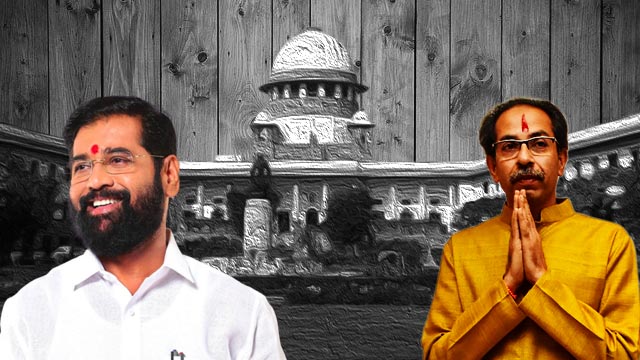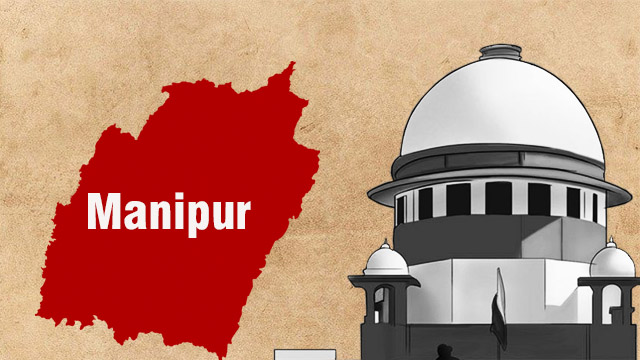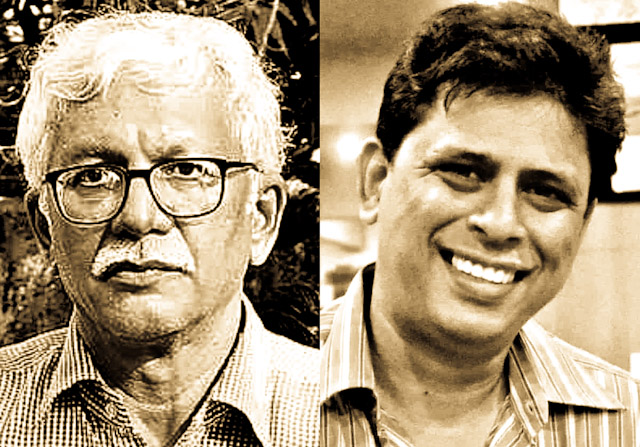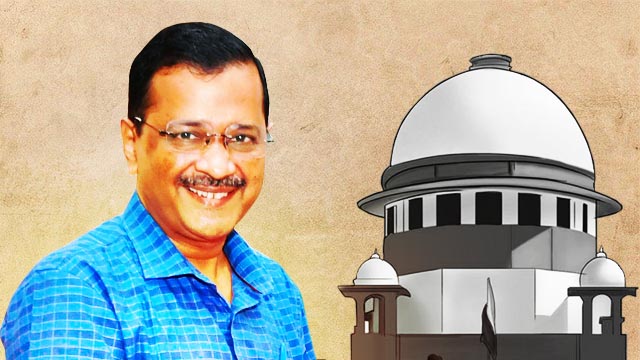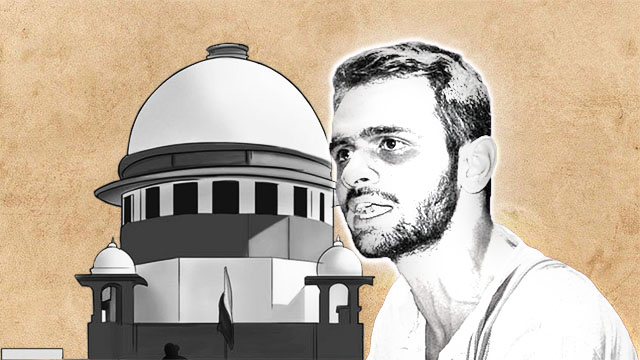After the new criminal laws—Bharatiya Nyaya Sanhita (BNS), 2023, replacing the Indian Penal Code (IPC), 1860, the Bharatiya Sakshya Adhiniyam (BSA), 2023, replacing the Indian Evidence Act (IEA), 1872 and the Bharatiya Nagarik Suraksha Sanhita (BNSS), 2023, implemented in place of the Code of Criminal Procedure (CrPC), 1882—have come into force, questions have been raised by various quarters regarding the threats to the rights of the accused and the additional teeth given to the prosecution, which can be grossly misused.
These new criminal laws are suspected to stage a big scope of violation of human rights, especially by the new provisions that deny bail to the accused, contrary to what the colonial-era legal framework allowed.
Apart from that, the provisions of the new criminal laws have the potential to also affect the practice of defence lawyers, who have so far helped the innocent receive justice and saved numerous victims from vindications and wrongful confinements, especially those who have been arrested for political reasons or became victims of state repression for their socio-economic status.
Many defence lawyers believe that new criminal laws could be implemented with a proper orientation programme, the quick implementation of the new systems and the overall existing problems in the justice delivery system cannot just affect those seeking justice but also the defence lawyers, the frontline soldiers of the justice system.
Confusion among the lawyers
These new criminal laws have created some confusion among lawyers, because of the addition of new provisions without formal training and change in the labelling of old retained laws.
Advocacy is one of the most chosen professions in India. The country has millions of defendants, fighting for the accused but now it can be more difficult as bail provisions have been changed and police custody can be extended to 60 days.
Sangeeta Chopra has been practising law in Delhi since 2013. She believes that there is ample scope for confusion among the experienced lawyers.
“New provisions could be added in clauses. New labelling for old laws can lead to confusion while stating sections in court and this can clearly reject our applications,” Mrs Chopra told the East Post.
According to India’s National Crime Records Bureau’s (NCRB) 2022 report, 77.1% of inmates in prisons are under-trials and this sudden change in laws can create a huge burden of running cases in old and new laws parallelly.
Mrs Chopra further said, “Our experience is at stake because we aren’t provided with any allotted time to adapt to these new criminal laws”.
She highlighted that for lawyers it’s not possible to carry law books all the time and they can’t access the internet everywhere on the court premises.
The confusion among defence lawyers will affect the delivery of justice to innocent accused and violate their rights, Atindriyo Chakraborty, a senior advocate who practises in the Calcutta High Court and had been a human rights lawyer at one point in time.
“Defence lawyers will definitely fall into a problem, especially those who fight human rights cases,” said Mr Chakraborty.
“Several publications are fishing in the murky water in this situation. They are now profiteering by selling books on the new laws,” Mr Chakraborty alleged highlighting that the government has conducted no workshop or bridge course for the lawyers.
He claimed that while the new lawyers can adapt quickly, it will take time for the experienced ones due to prevailing confusion.
Challenges for new-comers
The freshers aren’t going to remain unscathed either.
Aditya Dubey, who recently completed his final year in law highlights the prevailing confusion.
“Confusion is really a huge issue. Some news was there that the first case was lodged against a street vendor in Delhi and then officially it was taken back, so it is evident there is confusion right now and will remain in the picture for a long time as the police, lawyers and people are not fully aware of sections,” Mr Dubey added.
Mr Dubey is also concerned over the ‘lack of jurisprudence’.
“For old laws and provisions, there were judgments and clear understanding from the Supreme Court’s side, which used to help lower courts and 80-85,000 magistrates of this country. But now, as we have new criminal laws, we don’t have jurisprudence, no clear understanding, and it will definitely affect the justice-delivering system. It will take years to build concrete jurisprudence,” Mr Dubey told the East Post.
Similarly, Himangi Chopra, a student of Stephens College, University of Delhi showed her concern about the “ambiguity of question’s level in competitive exams as no PYQ can be referred at this moment”.
While she supports the new laws for “decolonising”, she says confusion reigns as it’s not clear what would happen to the cases that took place right before July 1st.
The question of rights
If defence lawyers falter, then it’s the accused who suffer. India’s judicial system has always adhered to the concept that an accused is innocent until proven guilty and the burden of proving is on the accuser. However, in the recent past, the trend in India has been the opposite, with new and draconian laws putting the onus on the accused to prove their innocence.
Ranjit Sur has been involved with the Association for the Protection of Democratic Rights (APDR), a civil rights organisation that has been vocal about the rights of political prisoners in West Bengal for nearly five decades.
Speaking to the East Post, Mr Sur highlighted that though the new laws are presented as a breakaway from the colonial legacy, as the criminal laws were created by the British colonial rulers to retain their hegemony, they are equally oppressive.
“Alike the British colonial laws, the new criminal laws also categorise the people as subjects and the government as the ruler, which isn’t really a break from the colonial approach,” Mr Sur said.
Highlighting the fact that to pass the laws in the Parliament last year, Prime Minister Narendra Modi’s Bharatiya Janata Party (BJP) didn’t merely rely on its brute majority but also had over 140 Opposition MPs suspended, he claimed that these laws have been undemocratic from the very beginning.
“Compared to the British-era colonial laws, the new laws will snatch away more civil rights. For example, consider the colonial law’s ‘sedition’ section. The Supreme Court had ordered to keep it in abeyance. Yet, if we see the new laws, we can find that not only has sedition returned in a new way, even after Amit Shah claimed that they are doing away with it, but the scope and punishment for ‘sedition’ have been expanded manifold,” Mr Sur alleged.
In May 2022, the apex court ordered that Section 124A of the now-repealed IPC should be kept in abeyance until the government reconsiders the provisions. Mr Shah, the Union home minister, claimed in the Parliament in December, “The law of treason made by the British has ended, and now the country’s security is paramount. Anyone can say anything against the government, but if someone interferes with the country’s flag, security, or property, they will go to jail.”
He claimed that with the new law, the focus will be on the nation and not the individual, but Mr Sur believes it’s a hoax.
The APDR leader also believes that the new laws have added more teeth to the police. “Consider the most draconian law like UAPA [Unlawful Activities (Prevention) Act]. Earlier, the permission of top government officials was required to book anyone under the UAPA. But now, even a police officer can impose the utmost draconian sections on anyone under the new provisions,” he highlighted.
“In most cases, people languish in the jails and lockups without a trial. Now they have got an excuse to keep someone in custody for 60 days. Now the biggest benefit that the police derived is that they couldn’t earlier create a story that would fit in the chargesheet, which led to the prosecution’s defeat in the fake cases. However, now, as they will have custody for up to 60 days, the police can torture and interrogate the accused the way they want to make a story that can fit the charges. So now there is a lot of scope for the prosecution to win in fake cases,” Mr Chakraborty alleged.
Support pours in too
For some, the new laws are important.
Mayank Singal is pursuing PhD in law from Delhi’s Indraprastha University in Delhi. Mr Singal called the new criminal laws ‘justice-oriented’. He said, “There is some confusion in law academia; students in mid-course will be affected and law schools need to revise their syllabus once, but these laws are justice-oriented and people-centric. Various offences are recognised now. Not all old laws are changed; they are still there with new labels, so wouldn’t create a need to revise all of our understanding we acquired till now”.
While there is support for the new laws from the perspective of decolonisation, it’s clear that confusion is also prevailing among experienced and new lawyers. As the futures of hundreds of thousands of defendants are at stake following the implementation of the new laws, the confusion over the new provisions among the defence lawyers can impact the justice-delivery system and, ultimately the cause of justice.
Based in Delhi, Salony is a journalist driven by curiosity and a commitment to storytelling. She dives into uncovering stories that matter.

